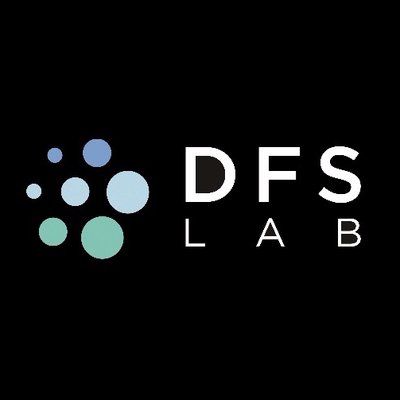Recently, Digital Financial Services Lab (DFS Lab) announced their plan to invest $200,000 in some African startups. The four targeted fintech startups include NALA, Nobuntu and Cherehani Africa. The selected startups will receive $50, 000 each. They will also secure global networking and six months mentorship programme. Melinda and Gates Foundation funded the US accelerator initiative. The extra four startups make the total number of DFS’s firms to reach 12 this year.
According to Jake Kendall, the DFS Lab director, the initiative aims at reputable startups. He added that the DFS considers low-income continents like Asia and Africa. Alina Kaiser, the DFS Lab communications officer declared teamwork with selected startups. This move will provide mentorship for business expansion, funding, and investment. These companies will also benefit by not declaring their equity. The primary goal of the accelerator program was to identify startups. It also exposes and invests in fintech startups in Asia and Africa.
Last year, the DFS Lab bootcamp attracted nine startups. The companies came from Kenya, South Africa, Cameroon, and Tanzania. Other countries were Indonesia, USA, and France. During the event, the startups had the privilege to pitch their business ideas. They also launched prototypes to solve the problems facing fintech ecosystem.
Cherehani Africa a Kenyan startup which uses mobile technology to empower women micro-enterprises. The startup provides credit facilities and financial literacy to women-owned initiatives. NALA is a United State’s company based in Tanzania. The startup plans to offer financial services to fintech enterprises in the country. Nobuntu is a South African’s startup that provides community-oriented saving plans. The initiative is a pension-like scheme to enable low income people to prepare for the old age era in the country.
Tyrone Fouche, the founder and CEO of Nobuntu called for the development of key platforms. He added that the company focuses on improving multi-channels and multi-factor proof. Third-party and biometrics integration will form the development pillars. The initiative is innovative and will help to reduce fraud and time of payment.
 We just launched our WhatsApp channel. Want to get the latest news from the Tech in Africa?
We just launched our WhatsApp channel. Want to get the latest news from the Tech in Africa?


